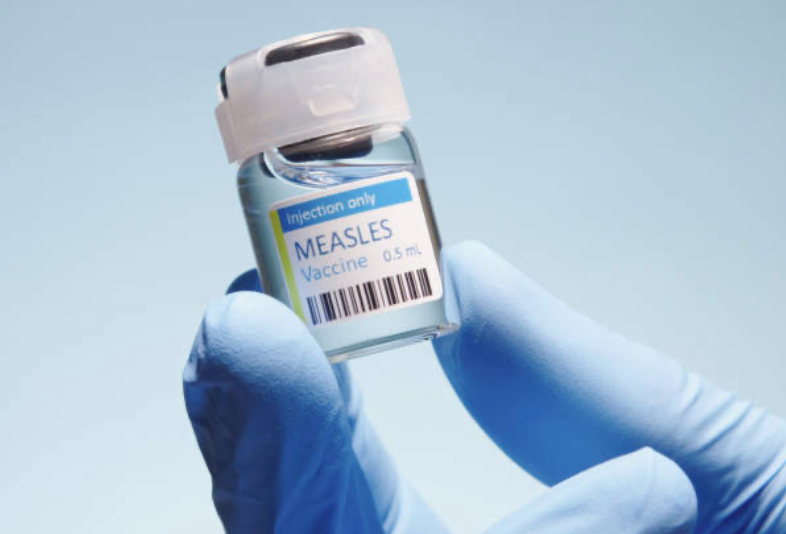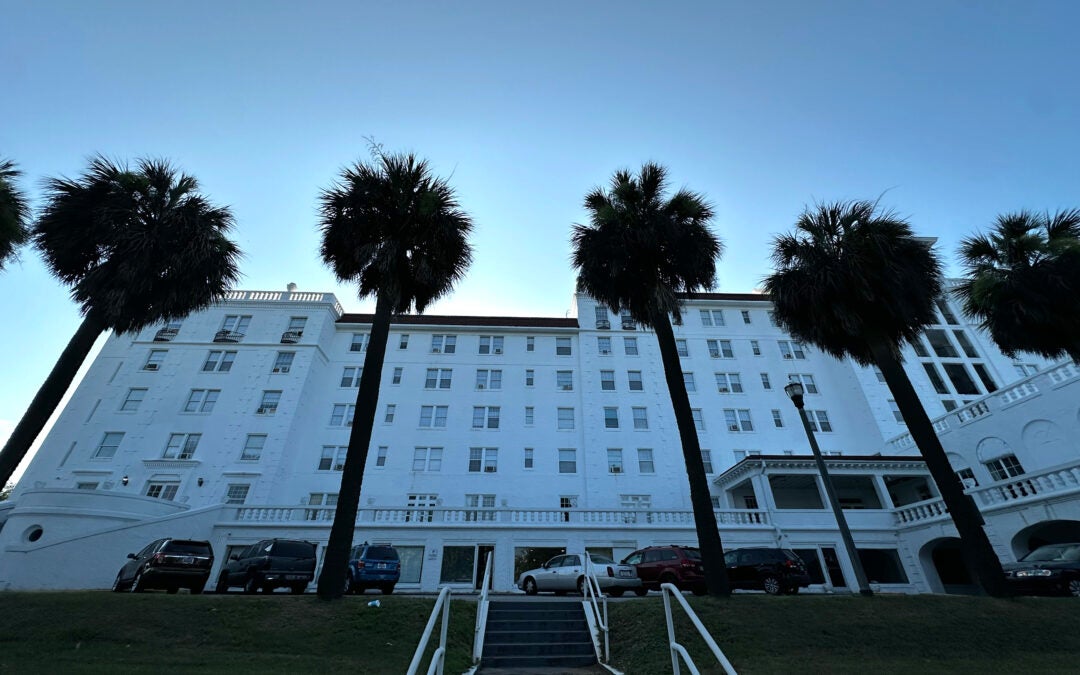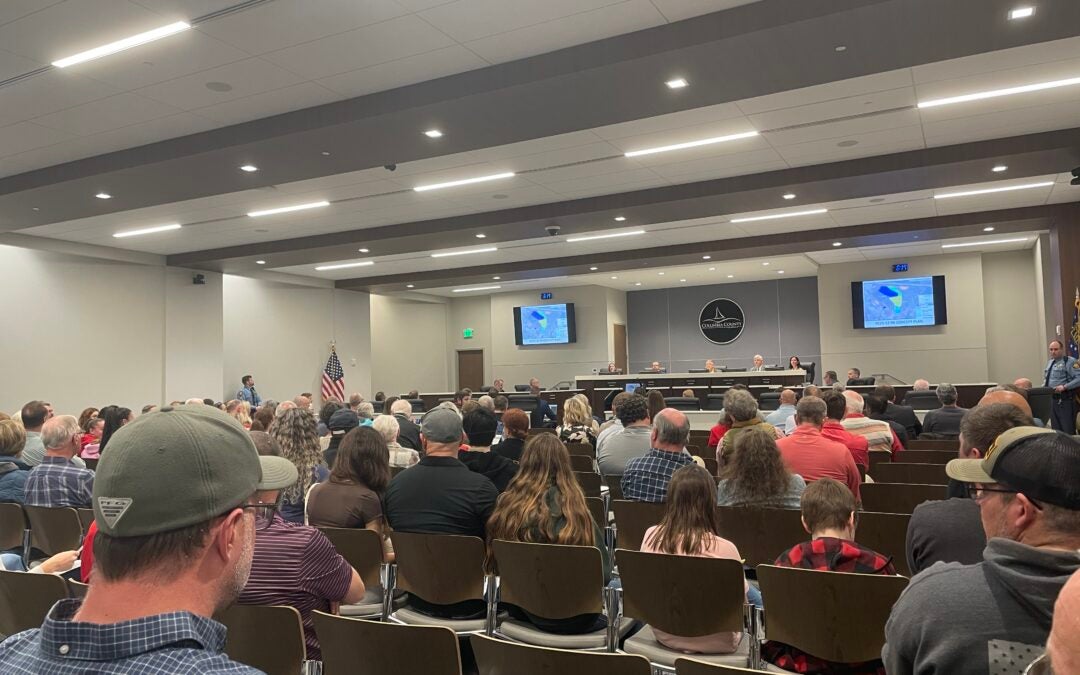by Ty Tagami | Capitol Beat News Service
ATLANTA — Georgia health officials are monitoring seven people for measles after they came in contact with infected people.
The state Department of Public Health said Tuesday it had confirmed three new measles cases, including one on Sept. 11.
“Two of the individuals are unvaccinated, and the third has an unknown vaccination status. They are isolating at home,” the agency said in a statement.
The statement said 268 close contacts had been identified but only seven are enrolled in “active” monitoring. The agency said the best protection against measles is vaccination and that the Centers for Disease Control and Prevention recommends that children receive their first dose of vaccine between 12 and 15 months of age and a second dose between ages 4 and 6.
The three new measles cases bring the total to 10 in Georgia this year, up from six last year.
Measles is a highly infections disease, but it was declared eliminated in the Unted States in 2020, meaning there was no spread within the country and new cases developed only after travel abroad.
But infections started climbing during the COVID-19 pandemic, with 49 cases in 2021 and 121 in 2022. Infections fell to 59 in 2023 but then started rising sharply last year.
In April, State Epidemiologist Dr. Cherie Drenzek updated the state board of health about a surge in measles infections in West Texas. “Every single one is a public health emergency,” she said at that briefing.
Last week, a group called the Advisory Committee on Immunization Practices recommended to the CDC that toddlers through age 3 be immunized for varicella (chickenpox) through standalone vaccination rather than through the combination measles, mumps, rubella, and varicella (MMRV) vaccine.
But the recommendation caused a reaction by the American Academy of Pediatrics, which still recommends the combined MMRV vaccine. The organization’s president, Dr. Susan J. Kressly, said in a statement that the committee “promoted false claims and misguided information about vaccines as part of an unprecedented effort to limit access to routine childhood immunizations and sow fear and mistrust in vaccines.”
The Georgia Department of Public health advised parents to consult with their doctor or health care provider about the best vaccination for their children.










